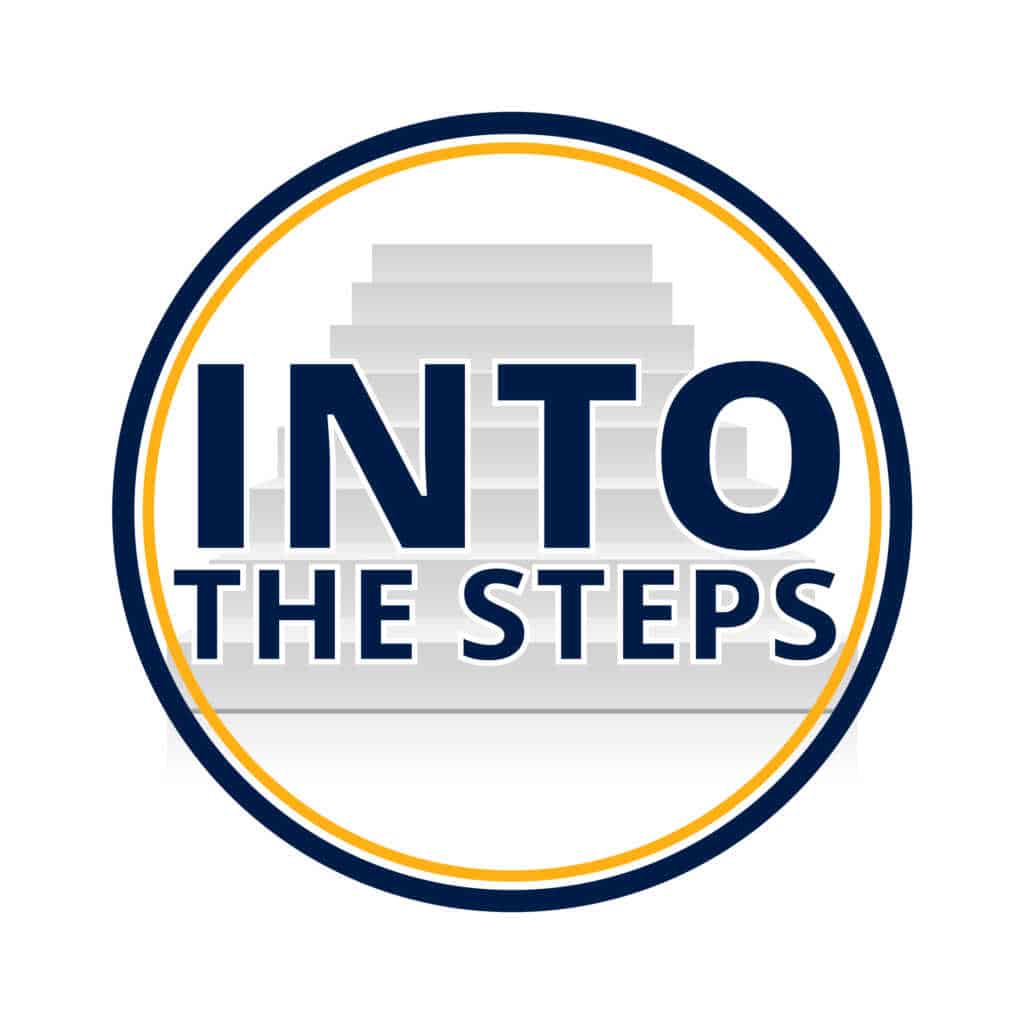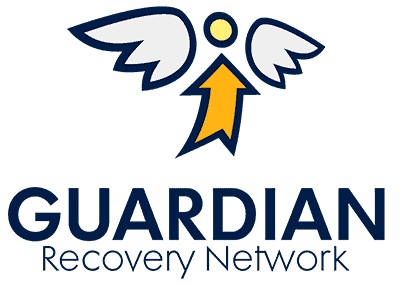Step 12
Step Twelve Summarized
Step Twelve is about two things: number one, being of service to others; and number two, applying the principles we have learned by working the first eleven steps to our daily lives. By the time we reach Step Twelve, we should be very different people than we were when we first began. We should be more selfless, honest, compassionate and kind. We will want to help others find the freedom and joy we have found in recovery. It is not a burden to be of service; it is the bright spot of our lives. We have a new sense of meaning and purpose. We love others. We carry the message of Alcoholics Anonymous to those who still suffer.
Into the Steps
Into the Steps is a series of articles that dives deep into each of the 12 Steps. While Guardian Recovery is not affiliated with Alcoholics Anonymous, we have been utilizing the 12-Step process in a treatment setting for more than 15 years. We have found that the steps, especially in combination with our clinical therapy offerings, are a powerful tool for helping individuals transform their lives and find lasting freedom from addiction.
It is highly encouraged that you do not attempt to take these steps alone, but rather with a trusted guide called a sponsor who can walk you through them and be your support. Or, you can come work them at a Guardian Recovery treatment program. Unlike many other treatment centers, we don’t just teach individuals about the steps, we actively work them. Find a facility here.
Step Twelve is a Multi-Part Step:
- Having had a spiritual awakening
- Tried to carry this message to alcoholics
- Practice these principles in all our affairs
Part 1 | Having Had a Spiritual Awakening
The phrase “having had a spiritual awakening” tells us that by the time we reach Step 12, we will have had a spiritual awakening. What does this mean? It means that we have worked the previous 11 Steps to the best of our ability and have new perspectives, behaviors and attitudes. This shift in our personalities and habits is what the Big Book also calls a “psychic change.” Essentially, we have changed for the better by leaps and bounds. And, with the help of the 11th Step, have also begun developing a “conscious contact” with our Higher Power. We use this contact to guide us in our daily lives so that we are certain we are not running the show on our own will power. We know that when we try to control the show on our own, we usually make a mess of things. So we let our Higher Power and recovery mentors help us make decisions and help us see things in the right perspectives. Once we are certain that our spirit is awake, we start practicing Step 12 — to carry the message to other alcoholics, and practice the principles of the program in all our affairs.
Part 2 | Carry the Message
In the A.A. Big Book, Steps 3 – 11 are primarily crammed into two chapters (Chapters 5 & 6). By contrast, Step 12 gets its own chapter (Chapter 7, “Working With Others”) The reason is because Step 12 is absolutely critical to the survival of both the individual in recovery, and A.A. as a whole. It has been said many times that in order to keep our sobriety, we must give it away. The Big Book of A.A. says that nothing will insure immunity from a drink as work with another alcoholic.
Guardian Recovery & the Second Step
The history of Step 12 goes all the way back to the very beginning, when Bill Wilson, the founder of A.A., first conceived of the program. While in the hospital, deathly ill from alcoholism, he had a white light spiritual experience during which he had an epiphany — that in order for him to stay sober, he needed to help another alcoholic the way his friend Ebby Thatcher had helped him.
After he got out of the hospital, on a night when he was experiencing a strong craving to drink, he remembered this epiphany, and instead of going to the bar, went to a phone book. He dialed hospitals in search of another alcoholic whom he could help. When he found one, he bolted over to a hospital where he met a fellow alcoholic, a doctor named Bob. Bill shared his story with Dr. Bob, and the two became the first two members of Alcoholics Anonymous. The tradition of spreading the message, one alcoholic to another, has been the foundation of the A.A. program ever since.
Sponsorship
While the word sponsor was not used in the beginning, Bill essentially sponsored Bob, guiding him through the Steps he had taken to get sober. The tradition of sponsorship developed over time, and now it is customary to go through the Steps with a sponsor. When we reach the 12th Step, we begin sponsoring others. We guide them through the very same Steps we took to get sober. This is one way to “carry the message to the next alcoholic.”
We also carry the message by attending A.A. meetings regularly and sharing our stories. We greet newcomers and welcome them to the meeting. We hold service positions, such as making the coffee or setting up the chairs. And we give rides to individuals who have no way to get to the meeting. Being of service for the benefit of other alcoholics is practicing Step 12.
“Life will take on new meaning. To watch people recover, to see them help others, to watch loneliness vanish, to see a fellowship grow up about you, to have a host of friends–this is an experience you must not miss. We know you will not want to miss it. Frequent contact with newcomers and with each other is the bright spot of our lives.” — Pg. 89, Big Book of Alcoholics Anonymous
Guardian Recovery & the 12th Step
Guardian Recovery recognizes the importance of selfless service to others. At some of our facilities, at certain levels of care, our clients have the opportunity to go out in to the community to volunteer at local nonprofit organizations. We also highly encourage our clients to attend outside 12-Step meetings. While in partial hospitalization and intensive outpatient programs, our clients attend meetings regularly and are encouraged to have a home group and hold a service position. We realize that instilling the spirit of service in our clients gives them a sense of meaning and purpose which is beneficial to one’s self esteem and sense of personal integrity. This can do wonders for rebuilding one’s sense of self after it was destroyed by addiction.
At Guardian Recovery we also recognize that for certain individuals, working the 12 Steps in a structured, supportive and professional environment can greatly increase the individual’s chances of success in recovery. By establishing healthy practices while in a treatment setting, an individual is better able to then apply those habits in the world-at-large. If you or someone you love might benefit from working the Steps in a treatment environment, contact us any time. Our compassionate Treatment Advisors are available 24/7 to help you craft a plan for long-term recovery.
Into the Steps
Integrated, Holistic Care
At Guardian Recovery we believe in taking an integrated approach to addiction treatment, meaning that we simultaneously focus on physical, mental, emotional and spiritual healing. We take a “whole person” approach to recovery, which allows for the development of vital relapse prevention and life skills. Clients learn how to work through uncomfortable feelings and emotions and engage in self-care as they navigate early recovery and transition back into independent living. To learn more about our integrated approach to recovery, or to learn more about the importance of mindfulness and meditation, contact us today.
Get Started Now
Give us a call 24/7


